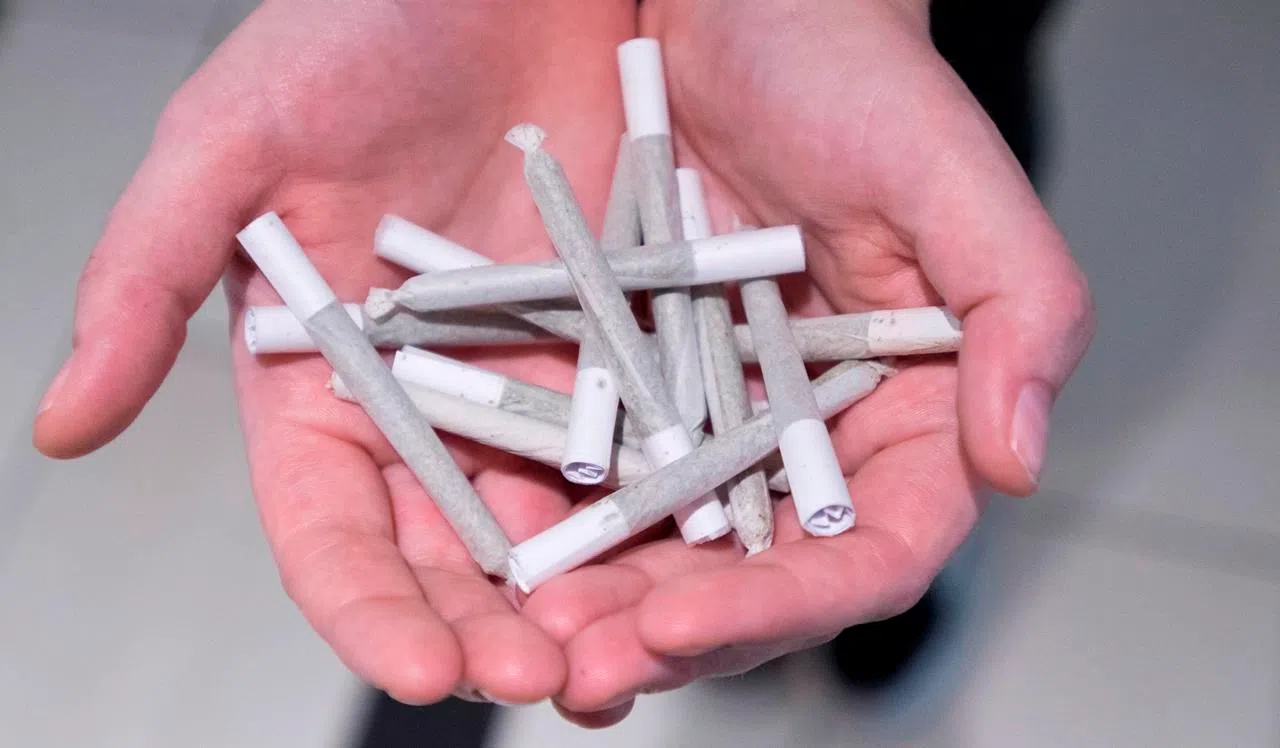
Northern territories to allow communities to block opening of cannabis stores
Northern communities will be allowed to prevent retail cannabis stores from opening even after the drug becomes legal on Wednesday.
Legislation in Nunavut, the Northwest Territories and Yukon gives towns the option of voting to block cannabis stores within their boundaries.
“If there is a First Nation community or municipal government that says they don’t want cannabis, we’re supporting their position,” said John Streicker, Yukon’s Minister of Community Services. “We won’t try to introduce cannabis into a community that has said they don’t want it.”
Nunavut has taken a similar stand.

